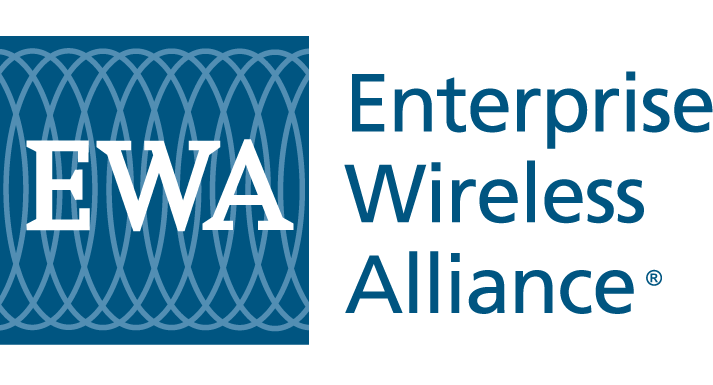Opining
If you meet with FCC personnel to present your point of view regarding a live Commission proceeding, say like 6 GHz, you have an obligation to alert others who share or do not share your point of view of your meeting and the content of your discussions in an ex parte letter. It’s a mandatory obligation and the letter is placed on public record for all to see. It’s a fair process that benefits the FCC and those who care about the eventual regulatory outcome. These letters need to disclose in summary fashion what issues you discussed with whom and what position you took; no more and no less. Not so much in the case of the Open Technology Institute at New America (OTI) recently, where a single spokesman must have spent just short of an hour meeting with a representative from Chairwoman’s Rosenworcel office, at least based on the three-page (!) ex parte that was filed at the FCC.
What struck me about the letter was the pronounced drama and claimed risks to the lives of Americans should the FCC fail to permit unfettered access to the 6 GHz band by unlicensed devices. It’s an exaggeration to state, “[T]he stakes for consumers, the economy and American competitiveness are too high to squelch high-bandwidth unlicensed connectivity for VLP devices.” What are the stakes and behind who are we allegedly falling? Of course, the ex parte chose not to mention the risks to Americans and the economy when incumbent 6 GHz operations, virtually all of which support either mission critical or critical infrastructure communications, should be overrun by unlicensed devices. No big deal I guess when you can wave you hand and with a straight face state that the risks of interference are virtually non-existent. It’s a hell of a gamble, especially when there are no formal protocols in place to address instances of interference. I suspect that reality was not a point of discussion.
I can tell that the FCC representative received an earful during the meeting. The author of the ex parte noted that “Concerning the 6 GHz proceeding” in paragraph order, “I inquired,” “I noted,” “I opined,” “I observed,” and “I suggested.” We are unsure if those that represent the incumbents, like EWA, will see the need to respond to this particular ex parte.
